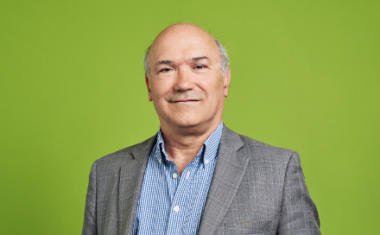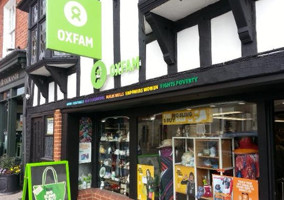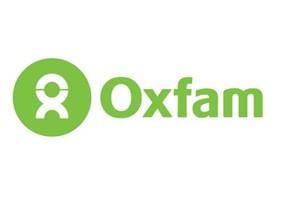Oxfam chief executive Mark Goldring has reassured supporters that its shops are now safe, following reports of alleged sexual misconduct.
Helen Evans, Oxfam’s head of global safeguarding from 2012 to 2015, said in an interview with Channel 4 News broadcast on Monday evening that there had been incidents of abuse involving volunteers, some under 18, reported at Oxfam’s charity shops during her tenure.
According to the charity’s accounts, there have been more than 100 reports of allegations of sexual abuse and misconduct in Oxfam’s UK trading division since 2013, with the number increasing year-on-year.
Goldring wrote to the Oxfam’s shoppers, supporters and volunteers yesterday to reassure them that the charity has since taken steps to improve its handling of misconduct in its shops.
He said: “Since then we have introduced a whole range of more robust measures to improve how we deal with these issues.
“I know that today, our shops are a safe place for staff and volunteers alike.”
In her interview, Evans said she raised concerns about Oxfam not conducting Disclosure and Barring Service (DBS) checks with the charity, government and regulatory bodies.
She said: “That troubled me because I knew Oxfam was not conducting the criminal record checks that it needed to conduct, that children were being left alone with adults who hadn’t been criminal record checked.”
'We're talking to the Disclosure and Barring Service'
The charity published a statement yesterday saying that it introduced standard DBS checks for all shop managers and deputy managers during Evans’ tenure and that since 2015 all its 900 shop and deputy shop managers are required to have enhanced DBS checks
A spokeswoman for the charity told Civil Society News: “We now carry out DBS checks for any volunteers that have supervisory responsibilities and take references for all others.
“We are currently exploring with the Disclosure and Barring Service carrying out DBS checks on all 23,000 volunteers.”
Meanwhile, the Charity Retail Association has reissued safeguarding guidance to its members this week and written to charity shop bosses, which advises employers to have “robust, additional means of ensuring the suitability" of job applicants, employees, workers and volunteers.
When recruiting, it advises shop managers to "hold face-to-face interviews with pre-planned and clear questions, including question on previous criminal convictions" and undertake a DBS check if they think it is appropriate.
‘Significant improvements’
Goldring’s letter mainly addresses the widely reported sexual misconduct of former Oxfam employees in Haiti in 2011 and Chad from 2006.
He says he is “so sorry” for the misconduct and says the charity will work to rebuild the public trust damaged by the reports.
Goldring says he and the charity’s chair Caroline Thomson met development secretary Penny Mordaunt and told her about “significant improvements” the charity has made since 2011.
In his letter, Goldring says the charity will made further improvements including:
Establishing a stronger and independent confidential whistleblowing line to ensure that we do all we can to prevent sexual abuse and misconduct happening in the first place.
Strengthening the vetting of staff, including making safeguarding a mandatory part of the recruitment process for senior leadership positions.
“We will be working closely with the Department for International Development and the Charity Commission to make sure we do everything in our power to protect the people we serve around the world,” he adds.
‘Hardest time in Oxfam’s history’
Goldring finishes his letter by saying “the coming weeks and months will be among the hardest in Oxfam’s history”.
He says: “Please know that we will learn from this. And please also know that this organisation is still full of amazing, brave, committed staff and volunteers who are making remarkable life-saving, life-changing work happen in desperate situations.”
Related articles












